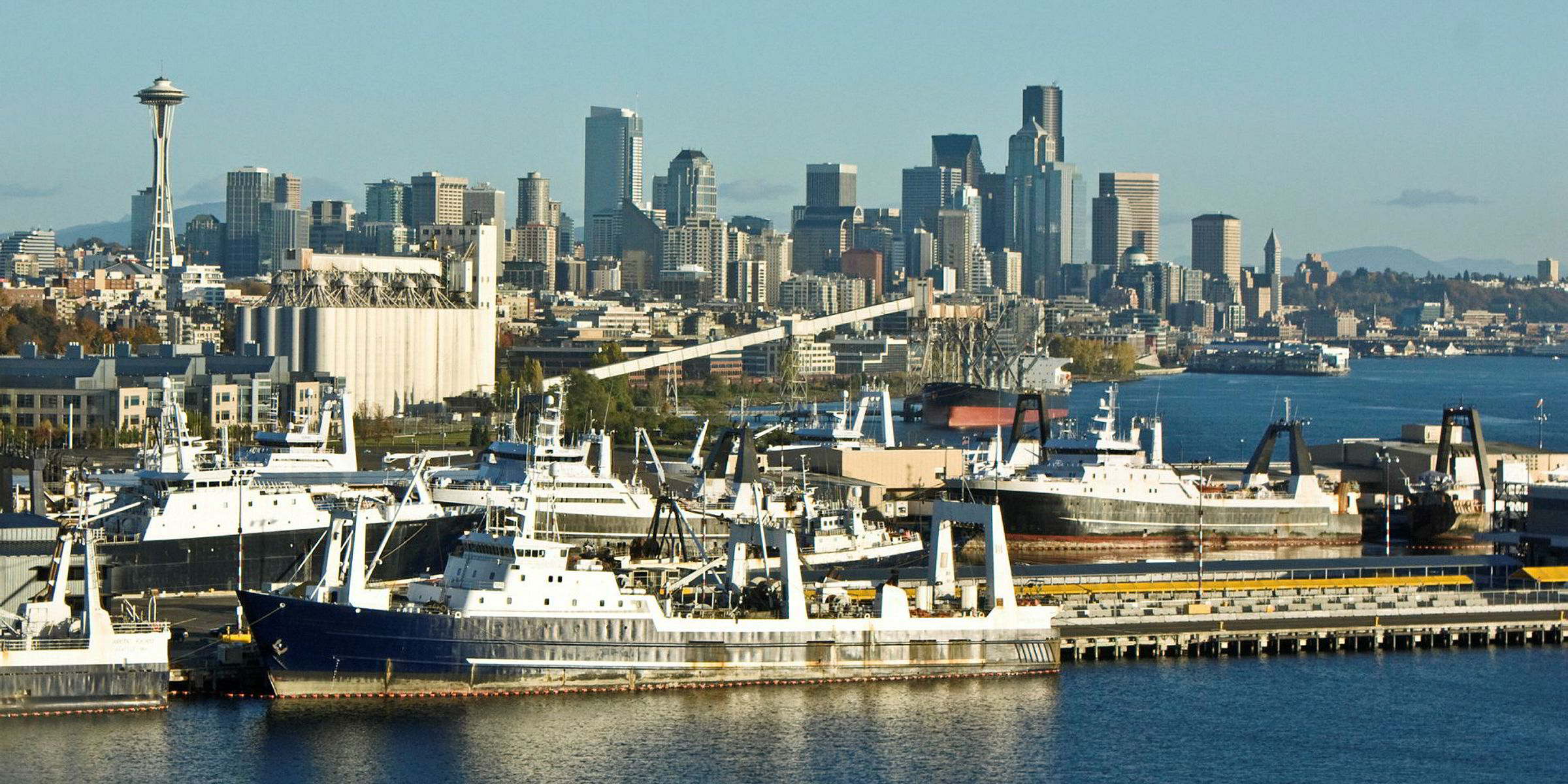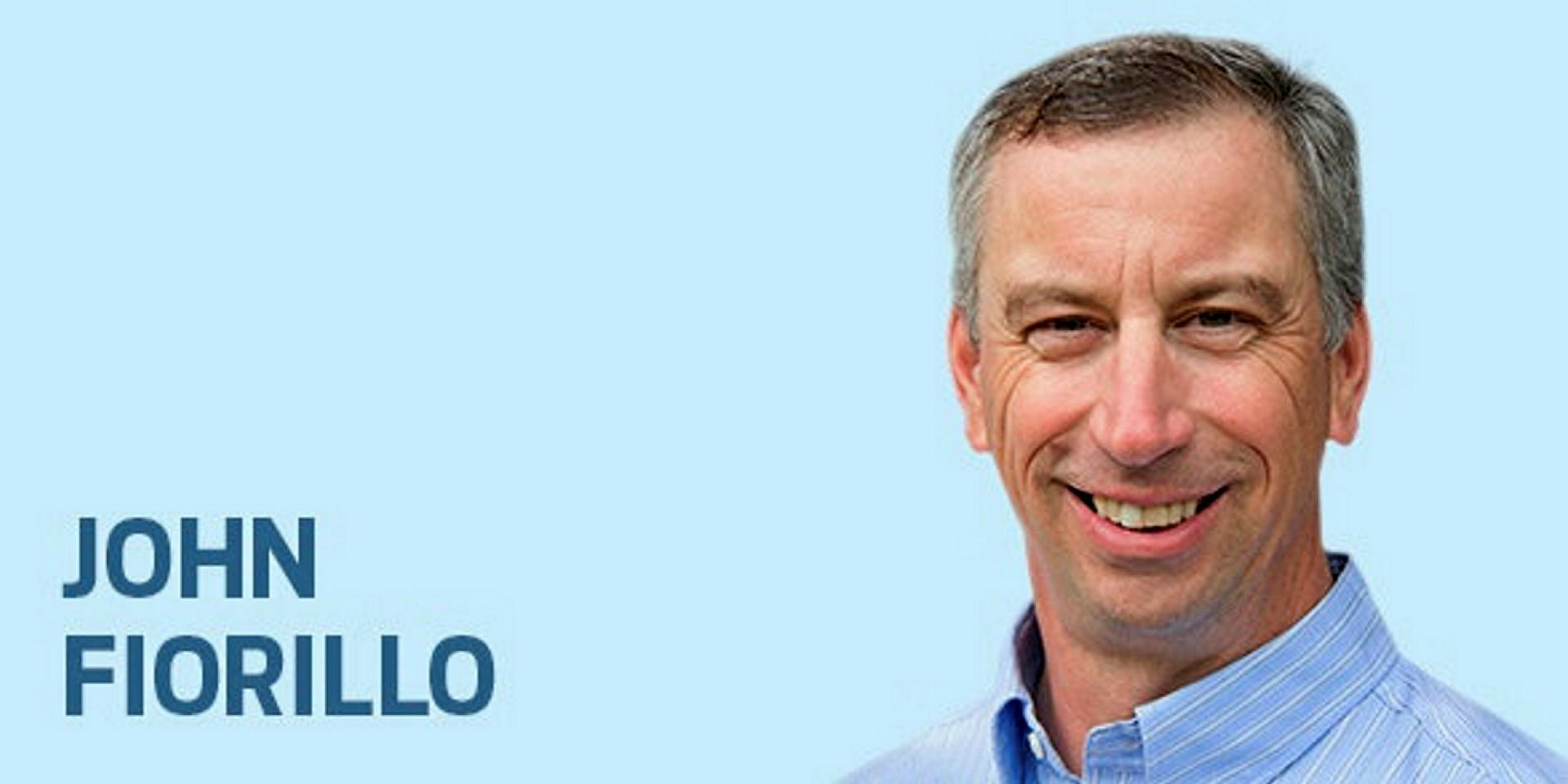The Association of Genuine Alaska Pollock Producers (GAPP) has hired sustainability consultancy Quantis to complete a comprehensive life cycle assessment (LCA) of the Alaska pollock industry.
An LCA evaluates potential environmental impacts of products and services throughout their life cycle, beginning with raw material extraction and including all aspects of transportation, manufacturing, use and end-of-life treatment.
GAPP and its members are hoping to use the results of the LCA to bolster the Alaska pollock industry's sustainability story.
“We believe the results will help our customers get a better picture of the environmental profile of wild Alaska pollock and confirm its lower impacts relative to other proteins," said Craig Morris, GAPP's CEO
He said evidence suggests that the Alaska pollock fishery’s carbon footprint is significantly lower than other proteins, but there is relatively little research using LCA methodology that looks specifically at products sourced from pollock harvested in Alaska.
The full LCA is expected to take approximately seven months to complete.



